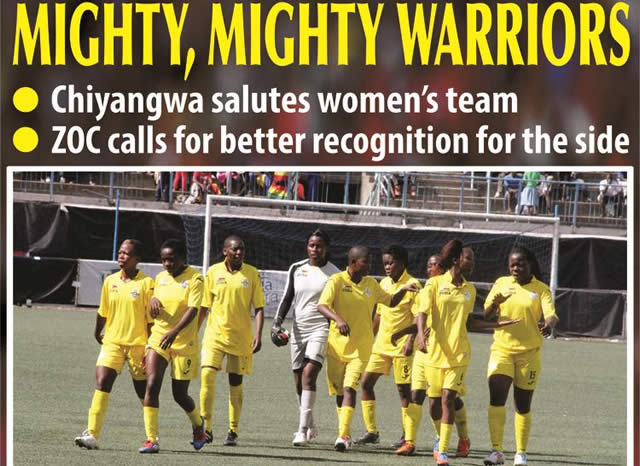EDITORIAL COMMENT: Kidney transplants; great leap forward

News that Zimbabwe is set to resume kidney transplants following a 27-year hiatus is a welcome development. We reported yesterday that Chitungwiza Central Hospital will, starting from early next year, run the project marking a major milestone for the country’s health sector. Patients need kidney transplants because of what is termed “end-stage” kidney disease, the major causes of which include diabetes.
According to authorities, treatments for kidney failure are hemodialysis, a mechanical process to clean the blood of waste products; peritoneal dialysis, in which toxins are removed by passing chemical solutions through the abdomen and kidney transplant.
However, a transplant offers the best health prospects with organs being donated from living or dead persons.
Kidney transplants are a costly exercise and according to authoritative medical sources may cost up to US$200 000 because of medical and non-medical costs such as insurance, pre-transplant evaluation and testing surgery, recovery costs from organ donor, fees for surgeons and the medical team as well as recurrent lab testing, drugs among other medical costs.
Non-medical costs include food, lodging, communication, travel and accommodation for family and so on. Zimbabwean transplant patients have had to travel to South Africa, India, the US and other medically advanced places.
Failure to secure funds for such procedure is a veritable death certificate.
Happily, a huge chunk of the above-mentioned costs go away if procedures are done locally. We commend Chitungwiza Central Hospital chief executive officer Dr Obadiah Moyo for putting in place mechanisms to ensure the take-off for such a medical milestone.
We understand the first group of medical and technical staff has since returned from a study and familiarisation tour of Johannesburg General Hospital and Milpark Hospital in South Africa.
A group of physicians and surgeons are set to leave India, where they are learning the ropes at Apollo Hospital in in kidney transplants. There is the Sally Mugabe Renal Institute opened by President Mugabe recently, which is due to perform its first kidney transplant early next year.
In terms of personnel, Chitungwiza Hospital has set up a kidney committee comprising surgeons, nephrologists, physicians, scientists, pharmacists, radiologists and radiographers as well as pathologists, clinical psychologists, cardiologists, anaesthetists, physiotherapists, social workers, theatre and renal nurses.
Infection control sisters, finance and administration officers and equipment technicians are also part of the committee. We are convinced that systems are in place for this historic medical take off.
It is to be hoped that Dr Moyo and his staff will receive the full support of the nation as they engage in this ambitious and necessary journey. Government, for its part, has a duty to ensure that the project is a success and is replicated at all major health centres.
The Government’s Zim-Asset blueprint has health delivery as one of its key deliverables under the social services cluster. The blueprint charges, among other interventions, for the “revamp to international standards health delivery” of which provision of services, equipment and amenities are part.
The Chitungwiza Hospital kidney transplant initiative is a noble idea that should be supported by all stakeholders to ensure its successful take-off and lessons should be derived from it so that the country will be able to set up similar and other critical facilities to help the majority who cannot afford distant and expensive services because of poverty.








Comments